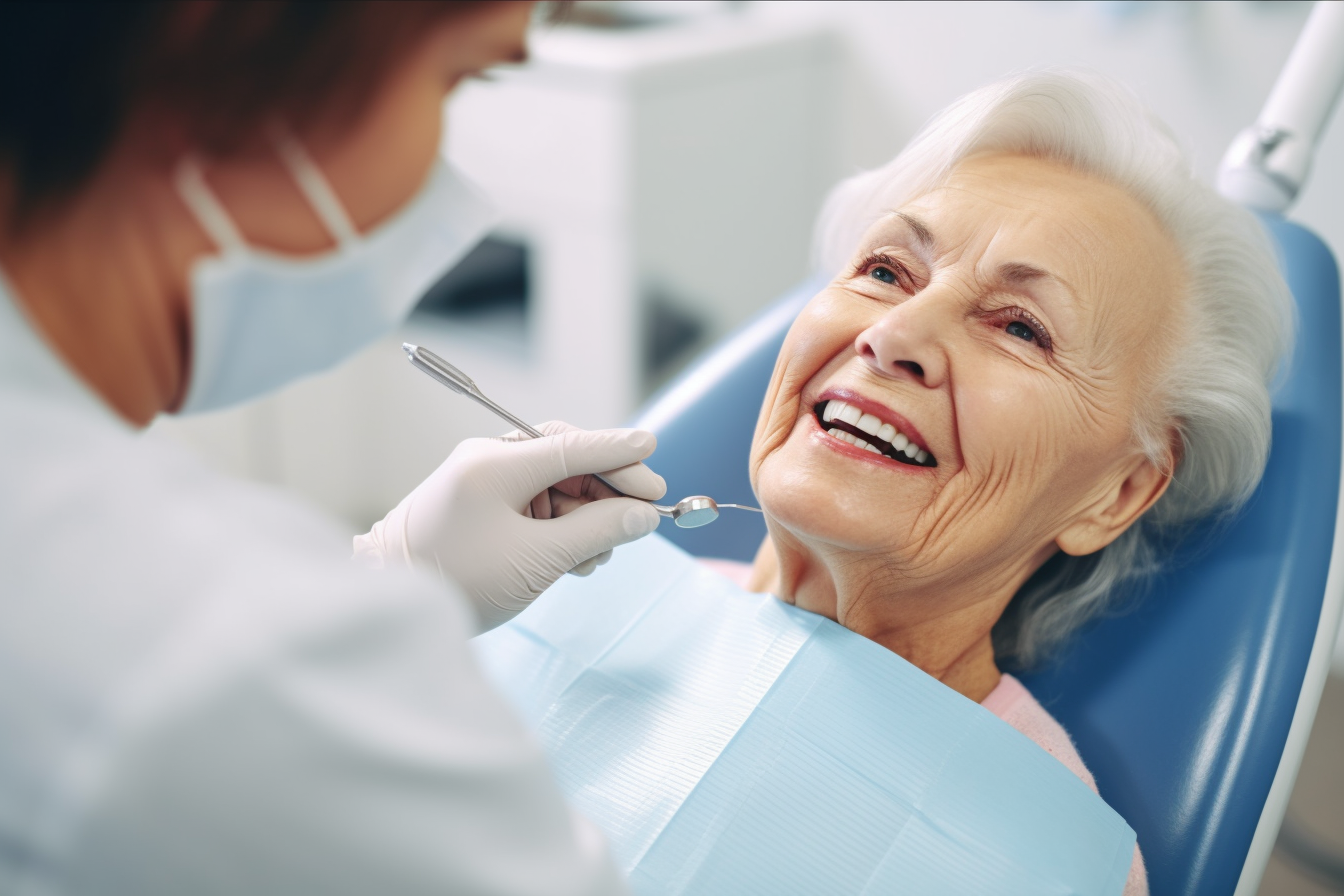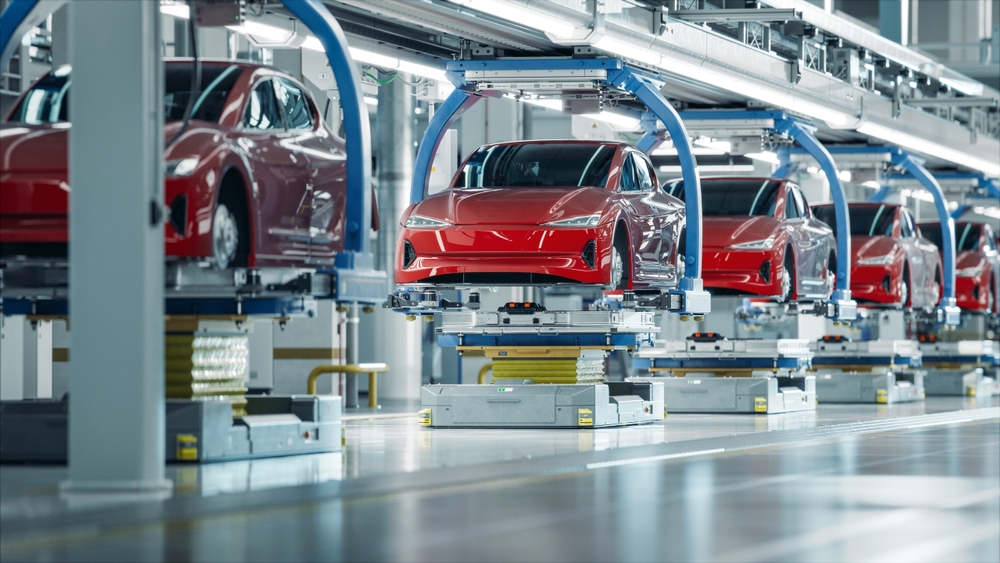How Screwless Dental Implants Are Redefining Comfort and Durability
Dental implant technology has evolved significantly, with screwless implants emerging as a groundbreaking solution for tooth replacement. These innovative devices offer enhanced comfort, stability, and aesthetic appeal compared to traditional screw-retained implants. Understanding how these modern implants work and their benefits can help patients make informed decisions about their dental health needs.

The evolution of dental implant technology has reached a remarkable milestone with the introduction of screwless systems that prioritize patient comfort while enhancing the longevity of tooth replacement solutions. Unlike conventional implants that rely on multiple components and retaining screws, these advanced systems offer a streamlined approach that reduces potential points of failure and mechanical complications.
What Are Screwless Dental Implants?
Screwless dental implants utilize a unique design that eliminates the need for traditional retaining screws to secure the crown or prosthetic tooth to the implant fixture. Instead of relying on mechanical fasteners, these systems employ advanced locking mechanisms, such as friction-fit connections or specialized retention systems that create a secure bond between the implant and the restoration. The absence of screws reduces the overall complexity of the implant system while minimizing the risk of screw loosening, a common complication in traditional implant designs. This innovative approach allows for better force distribution and reduces stress concentrations that can lead to mechanical failures over time.
Benefits for Elderly Patients Considering Implants
Senior patients often face unique challenges when considering dental implants, making screwless systems particularly advantageous for this demographic. The simplified design reduces the number of maintenance appointments required, as there are no screws to monitor or retighten over time. Elderly patients with limited dexterity benefit from the enhanced stability and reduced risk of component loosening that could compromise their ability to eat comfortably. The streamlined design also facilitates easier cleaning and maintenance, which is crucial for patients who may struggle with complex oral hygiene routines. Additionally, the reduced number of components means fewer potential complications during the healing process, making screwless implants an attractive option for older adults seeking reliable tooth replacement solutions.
Understanding the Cost Factors of Dental Implants
Several variables influence the overall cost of screwless dental implant procedures, with material quality, surgical complexity, and geographic location playing significant roles in pricing determination. The advanced materials and precision manufacturing required for screwless systems can impact initial costs, though the reduced need for maintenance and adjustments may offset these expenses over time. Factors such as bone density, the need for additional procedures like bone grafting, and the complexity of the case all contribute to the final treatment cost. Insurance coverage varies significantly, with some plans covering a portion of implant costs while others may exclude them entirely. Patients should also consider the long-term value proposition, as the durability and reduced maintenance requirements of screwless systems can provide cost savings over the implant’s lifespan.
Cost Comparison for Full Arch Replacement
Full arch replacement using screwless implant systems presents different cost considerations compared to traditional approaches, with several reputable providers offering various treatment options.
| Provider | Treatment Option | Cost Estimation |
|---|---|---|
| ClearChoice | Full Arch Screwless System | $25,000 - $35,000 |
| Aspen Dental | Complete Arch Restoration | $20,000 - $30,000 |
| Affordable Dentures & Implants | Full Mouth Reconstruction | $18,000 - $28,000 |
| Local Oral Surgery Centers | Custom Screwless Solutions | $22,000 - $32,000 |
Prices, rates, or cost estimates mentioned in this article are based on the latest available information but may change over time. Independent research is advised before making financial decisions.
Special Considerations for Senior Dental Implants
Senior patients require specialized evaluation and treatment planning when considering screwless dental implants, as age-related factors can significantly impact treatment success. Bone density assessment becomes particularly crucial, as osteoporosis or age-related bone loss may affect implant integration and long-term stability. Medical conditions common in older adults, such as diabetes or cardiovascular disease, require careful management and coordination with medical providers to ensure optimal healing outcomes. Medication interactions, particularly with blood thinners or bisphosphonates, must be thoroughly evaluated before proceeding with implant surgery. The simplified maintenance requirements of screwless systems make them especially suitable for seniors who may have difficulty with complex oral hygiene routines or frequent dental visits. Additionally, the reduced risk of mechanical complications aligns well with the goal of providing long-term, low-maintenance solutions for elderly patients.
Screwless dental implants represent a significant advancement in restorative dentistry, offering patients enhanced comfort, improved durability, and simplified maintenance compared to traditional implant systems. The elimination of retaining screws reduces mechanical complications while providing superior long-term stability, making these systems particularly beneficial for elderly patients and those seeking comprehensive full arch replacements. While initial costs may vary depending on individual circumstances and provider selection, the long-term benefits of reduced maintenance and enhanced reliability make screwless implants an increasingly attractive option for patients seeking permanent tooth replacement solutions.
This article is for informational purposes only and should not be considered medical advice. Please consult a qualified healthcare professional for personalized guidance and treatment.




